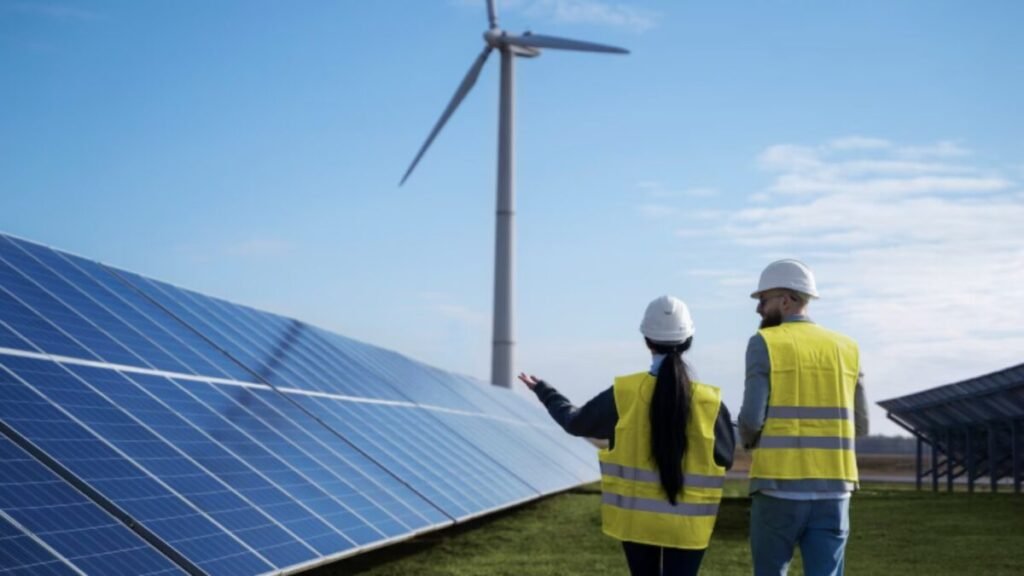Turning Waste into Gold: The Revolutionary Tech that Transforms Urine into Power and Nutrients

What was once considered inevitable waste is now being viewed as a valuable resource. Scientists at Stanford University have created a system that can convert urine into fertilizer and electricity, paving a new path towards sustainability. This innovative idea combines solar technology, energy efficiency, and social impact, offering a prototype that not only enhances agriculture but also addresses sanitation issues in vulnerable regions.
Urine as a source of fertilizer
Described in Nature Water, the system utilizes solar energy to extract ammonia from urine and convert it into ammonium sulfate, a commonly used fertilizer in agriculture. By avoiding the reliance on carbon-intensive industrial processes, which contribute to high fertilizer costs in low-income countries, this method could potentially fulfill up to 14% of agricultural needs with the nitrogen content found in human urine.
Clean energy and heat utilization
This innovation goes beyond agriculture as the solar panels not only produce electricity but also utilize residual heat to expedite the ammonia separation process. This approach increases fertilizer production efficiency by over 20% and enhances energy generation by nearly 60%, effectively utilizing excess heat that would typically go to waste through panel overheating.
The economic model devised by the team suggests that in countries like Uganda, where infrastructure is lacking and fertilizers are unaffordable, this technology could yield more than double the benefits compared to the U.S. Additionally, the system functions independently of grid connections, making it an essential tool for farmers and rural communities.
Besides fertilizer production, the prototype also addresses sanitation issues by removing excess nitrogen from wastewater, preventing aquifer contamination and harmful algae growth. This makes it a scalable solution for countries where less than 20% of wastewater undergoes treatment.
This project directly aligns with the UN’s Sustainable Development Goals, focusing on zero hunger, clean energy, and safe sanitation. The researchers emphasize that this innovative system represents a rare integration of water, energy, and food within a single framework. The ability to convert something as commonplace and abundant as urine into fertilizer and electricity signifies a significant shift in sustainability practices.




